Cancellation and Refund Policy
In accordance with applicable legislation, Academy of Entrepreneurs is entitled to charge fees for services provided to students undertaking a course of study. These charges are generally for items such as tuition fees and student services.
Fees payable
Fees are payable when the student has signed the Letter of Offer to signify their acceptance of an enrolment offer made by Academy of Entrepreneurs. The fees stated on the signed Letter of Offer must be paid in full within thirty (30) days of receiving an invoice from Academy of Entrepreneurs. Academy of Entrepreneurs may withdraw an offer of enrolment or discontinue training if fees are not paid as required.
The balance of fees payable must be paid according to the schedule of payments in the Letter of Offer.
Once a student has completed enrolment, fees will not be subject to change for the normal duration of the course. If a course length is extended by the student, then any fee increases will be required to be paid for the extended component of the course.
Schedule of Fees and Charges
The Chief Executive Officer is responsible for approving the Academy of Entrepreneurs’ Schedule of Fees and Charges. As a minimum the schedule of fees and charges is to include:
- the total amount of all fees including tuition fees, enrolment fees , CoE fees, assessment fees, Material fees and any other charges for enrolling in a course;
- payment terms, including the timing and amount of fees to be paid and any non-refundable fees;
- late payment fees;
- the nature of the guarantee given by Academy of Entrepreneurs to honour its commitment to deliver services and complete the training and assessment once the student has commenced study;
- any discounts, fee reductions or exemptions available for multiple enrolments; and
- Academy of Entrepreneurs Cancellation and Refund Policy.
Refunds - Giving notice of enrolment cancellation / withdrawal
A student who wishes to cancel their enrolment after the course has commenced, must give notice in writing. The agreed course start-date is the date the course was scheduled to start, or a later date agreed between Academy of Entrepreneurs and the student. This does not apply to approved deferment and leave of absence when the student applies for refund after the application was approved.
The student fills out the Application For Withdraw Form and emails to support@aestudy.com if applying to withdraw from a course or unit. Academy of Entrepreneurs staff who are approached with initial notice of cancellation are to ensure the student understands their rights with regards to the refunding of Tuition Fees. The student is also to be advised of other options such as deferral or suspension of the enrolment. For further information on deferral or suspension, please refer to the Deferral, Suspension and Cancellation Policy.
Students who give written notice to cancel their enrolment and who are eligible for a refund are to be provided with an Application for Refund Form found on www.aestudy.com/documents
- 100% refund of Tuition Fees due applies if the student visa is refused/rejected by Department of Home Affairs and the student has not commenced the course.
- 70% refund of Tuition Fees due applies if the student cancels twenty-eight (28) or more days before the course starts.
- 50% refund of Tuition Fees due applies if the student cancels within twenty-eight (28) days before the course starts.
- No refund of Tuition Fees applies if the student cancels after the course start date.
Students who may not be eligible but are requesting a refund should also be provided with an Application for Refund Form, so the request can be properly considered by the Chief Executive Officer.
Every effort will be made to negotiate the transfer of training in the event of a prolonged illness or personal hardship. This will be at the Academy of Entrepreneurs’ convenience and with the approval of the Department of Education.
If a student transfer to another provider is approved, he or she is subject to the Academy of Entrepreneurs’ refund policy conditions. Course and other fees are not transferable to another student or institution and the student shall not be entitled to a refund of any course fees paid. The student seeking to transfer to another provider must settle all outstanding fees and pay an AUD $500 per course prior to being granted a release.
If the student enrols into packaged courses, each course within the packaged courses is considered as an independent course. Therefore, the cancellation and refund policy will apply to each course within the packaged courses.
All refund considerations will be strictly limited to the monies Academy of Entrepreneurs has received and will not include:
- Overseas Student Health Cover (OSHC) if paid to Academy of Entrepreneurs and which has been applied as a premium to OHSC provider on behalf of students;
- Bank charges; and
- Agent's Commission paid either directly by the student or through Academy of Entrepreneurs on behalf of the student whether the commission was paid before or after monies were received by Academy of Entrepreneurs.
- Personal insurance and student expenses are not included in the fees quoted and are the responsibility of the student.
Where refunds are approved, eligible refunds will be made within six (6) weeks after receipt of the claim. Monies refunded will be made in Australia Dollars (AUD). Refunds are to be paid via electronic funds transfer using the authorised bank account nominated by the student on the Application for Refund Form.
The Non-Refundable Enrolment Fee and Material Fees (if applicable) are not refundable under any circumstances including visa refusal /rejection.
Refunds – Refused student visa
A student who is refused a student visa to study in Australia will be entitled to a 100% refund of fees paid less the Non-Refundable Enrolment and CoE Fees. Evidence from the relevant Australian Government Department that the Visa was refused will need to be provided to Academy of Entrepreneurs.
Where the student has commenced the course and the application for a student visa is refused the student will only be refunded for the unused portion of Tuition fees paid.
Where a student visa application refusal was due to fraudulent and or forged documents, no course Tuition Fees will be refunded under any circumstances.
Refunds – Misconduct
No refund will be granted to a student whose enrolment is terminated for failure to comply with Academy of Entrepreneurs’ policies and procedures and the requirements of their visa by Department of Home Affairs.
Students who commit behavioural misconduct after being formally warned are to have their enrolment cancelled and will not be entitled to a refund. Please refer to the Behaviour Misconduct Policy for further guidance.
Discretion may be exercised by the Chief Executive Officer in all situations, if the student can demonstrate that extenuating or significant personal circumstance led to the request. The Chief Executive Officer may also authorise a refund of tuition fees if the circumstances warrant it.
Refund - OSHC
Overseas Student Health Cover (OSHC) is compulsory and must be maintained throughout a student’s entire stay in Australia. Students can choose any approved Australian Overseas Student Health Cover provider and Academy of Entrepreneurs may arrange OSHC for students upon request. All refund considerations will be strictly limited to the monies Academy of Entrepreneurs has received and will not include OSHC if paid to Academy of Entrepreneurs and which has been applied as a premium to OHSC provider on behalf of students.
Refunds - Cancellation of a course by Academy of Entrepreneurs (Provider default)
Refunds in situations of Provider Default are covered by the provisions of the Education Services for Overseas Students Legislation Amendment (Tuition Protection Service and Other Measures) Act 2012 and apply if:
- Academy of Entrepreneurs does not offer a course on the advertised start date; or
- Terminates a course after the course start date or before the course completion date; or
- Does not provide a course as advertised due to sanctions by any authority; or
- Does not provide a course in full.
In such a case, Academy of Entrepreneurs will pay the student a refund which equals the amount of the total tuition fees paid for the remainder of the course not completed at the time of default if an alternative placement with another provider cannot be found to the student’s satisfaction.
Refunds will be made within two (2) weeks following the default date and there is no requirement to complete an Application for Refund Form.
Payment of GST
GST is exempt under section 38-85 GSTR 2003/1 Goods and Services Tax, tax ruling. The ruling explains the supply of a course for ‘professional or trade course’ is a GST-free education course.
Where a student is enrolled in a course which is offering units of competence or a whole qualification, the course fees attached to this enrolment will be exempt from the payment of GST. GST does apply on the payment of some miscellaneous charges where these charges are in addition to and outside the normal services offered in a course.
Miscellaneous Charges
Academy of Entrepreneurs will levy some miscellaneous charges for services. These may include:
- Re-issuing a certificate after it has been initially issued to a student;
- Re-assessment services; and
- Late payment fees.
These miscellaneous charges are to be clearly specified in Academy of Entrepreneurs Schedule of Fees and Charges. It is to be made clear if these services will include GST. All miscellaneous charges are based on a cost recovery basis and are not intended to be a source of profit.
Fees being paid in advance
Academy of Entrepreneurs acknowledges that it has a responsibility to protect the fees paid by students in advance of their training and assessment services being delivered. To meet its responsibilities under the ESOS Act, Academy of Entrepreneurs requests payment of no more than 50% of the total tuition fees for the course before the student commences the course. Following course commencement, no further pre-paid tuition fees are taken before the fee schedule, stated on the student’s Letter of Offer.
Academy of Entrepreneurs maintains a separate bank account in order to keep pre-paid tuition fees separate from day-to-day operating expense accounts. If a refund is payable before the student commences, the refund can be made in full and in a timely way without impact on the financial operations of the business or recourse to the Tuition Protection Service.
Keeping students informed
To ensure that students are well informed of the financial considerations of their enrolment, Academy of Entrepreneurs undertakes to provide the following fee information to each student prior to enrolment:
- the total amount of all fees including tuition fees, non-refundable enrolment and CoE fees and any other charges;
- payment terms, including the timing and amount of fees to be paid , and late payment fees and any non-refundable fees;
- the nature of the guarantee given by Academy of Entrepreneurs to complete the training and assessment once the student has commenced study in their chosen qualification or course;
- the fees and charges for additional services, including such items as issuance of a replacement qualification testamur and the options available to students who are deemed ‘not competent’ on completion of training and assessment; and
- the Academy of Entrepreneurs Cancellation and Refund policy.
Student complaints about fees or refunds
If the refund application is rejected, then the student will have an option to appeal the decision within 20 working days after receiving the notification. Refer to the Complaints & Appeals Policy for details.
This refund policy, and the availability of our complaints and appeals processes, does not remove student rights to take further action under the Australian Consumer Protection laws.


 2022 Academic Calendar - Advanced Diploma of Business
2022 Academic Calendar - Advanced Diploma of Business


